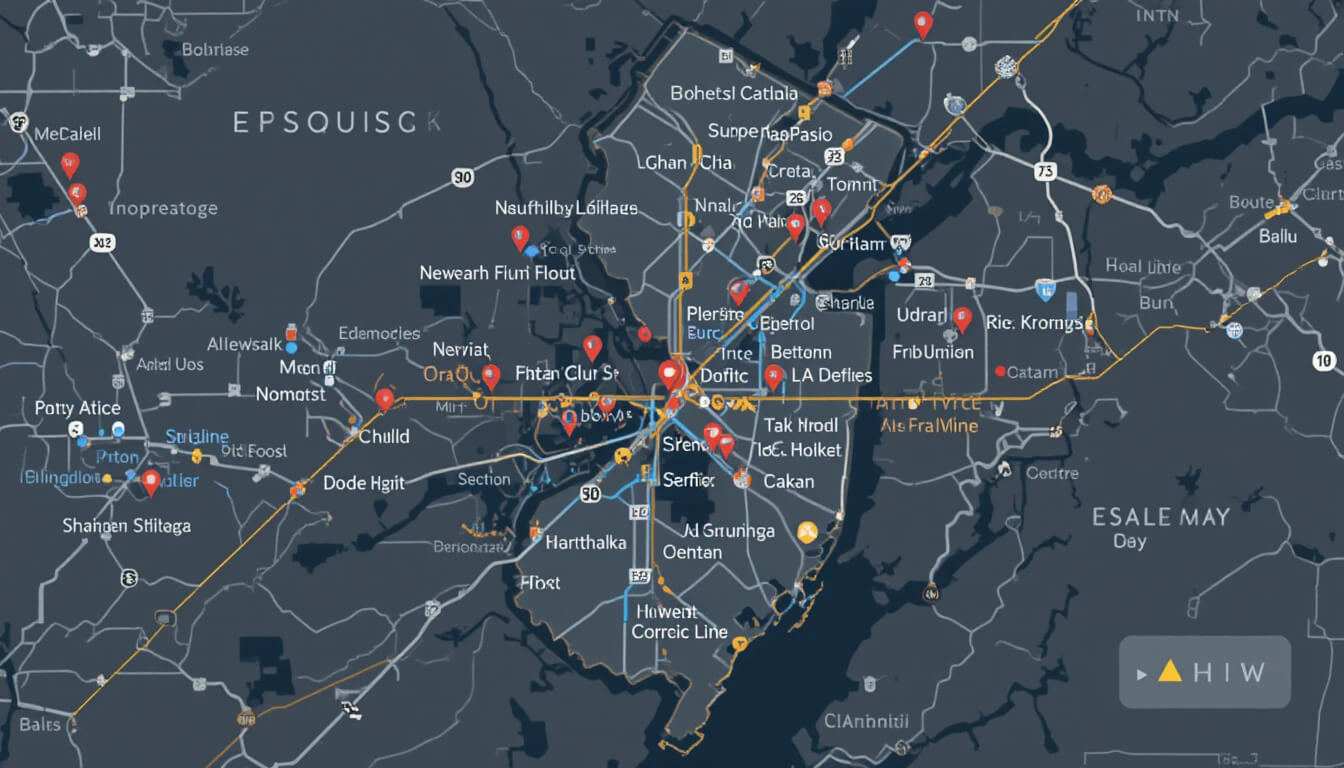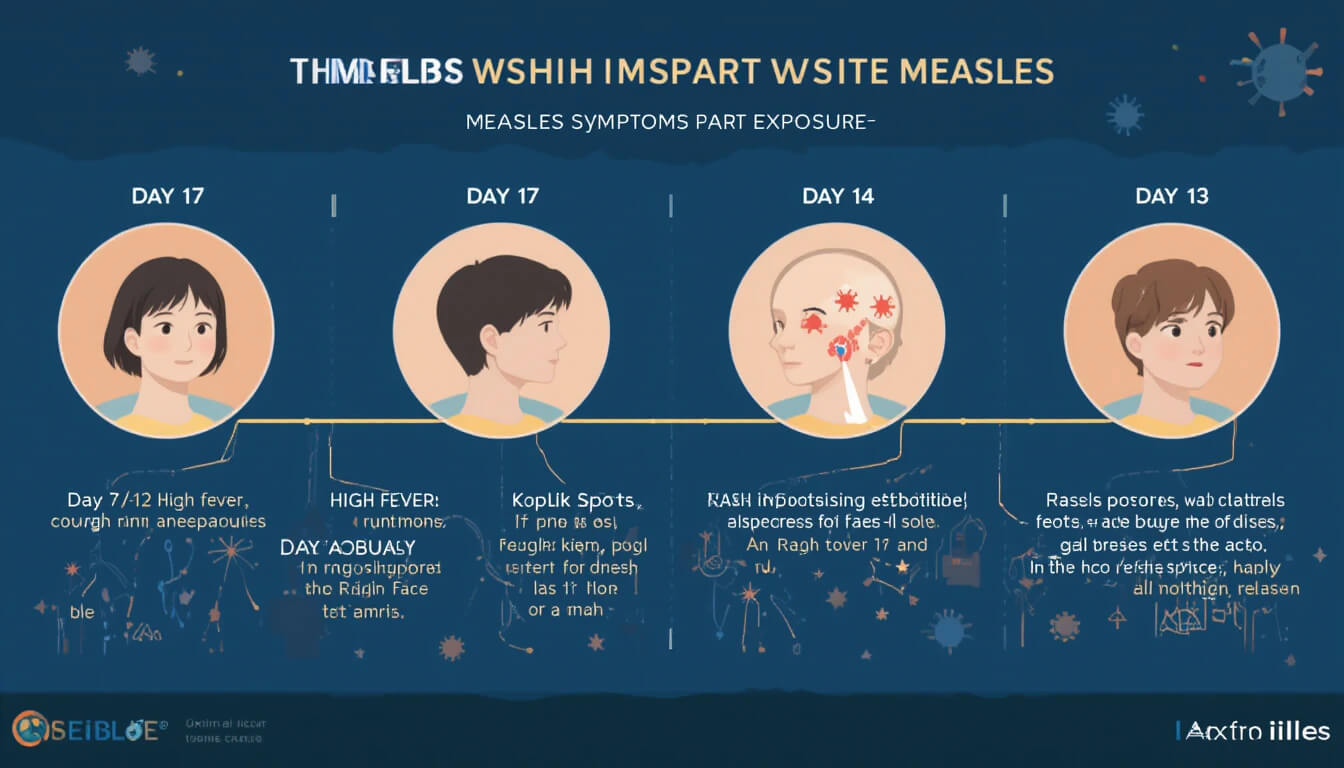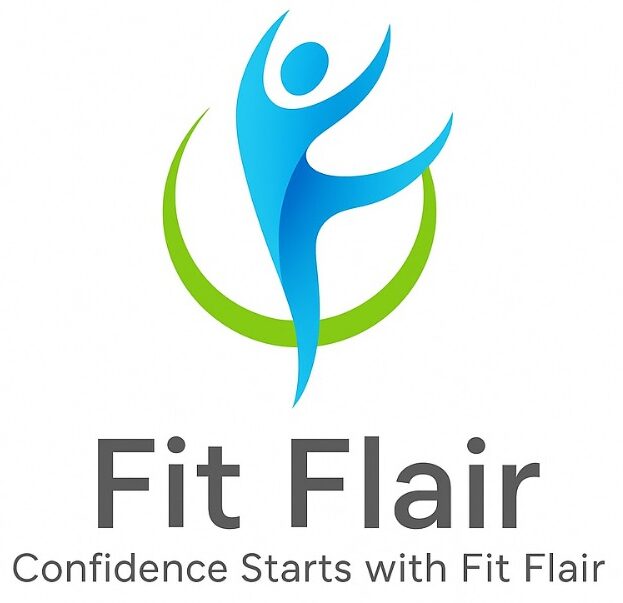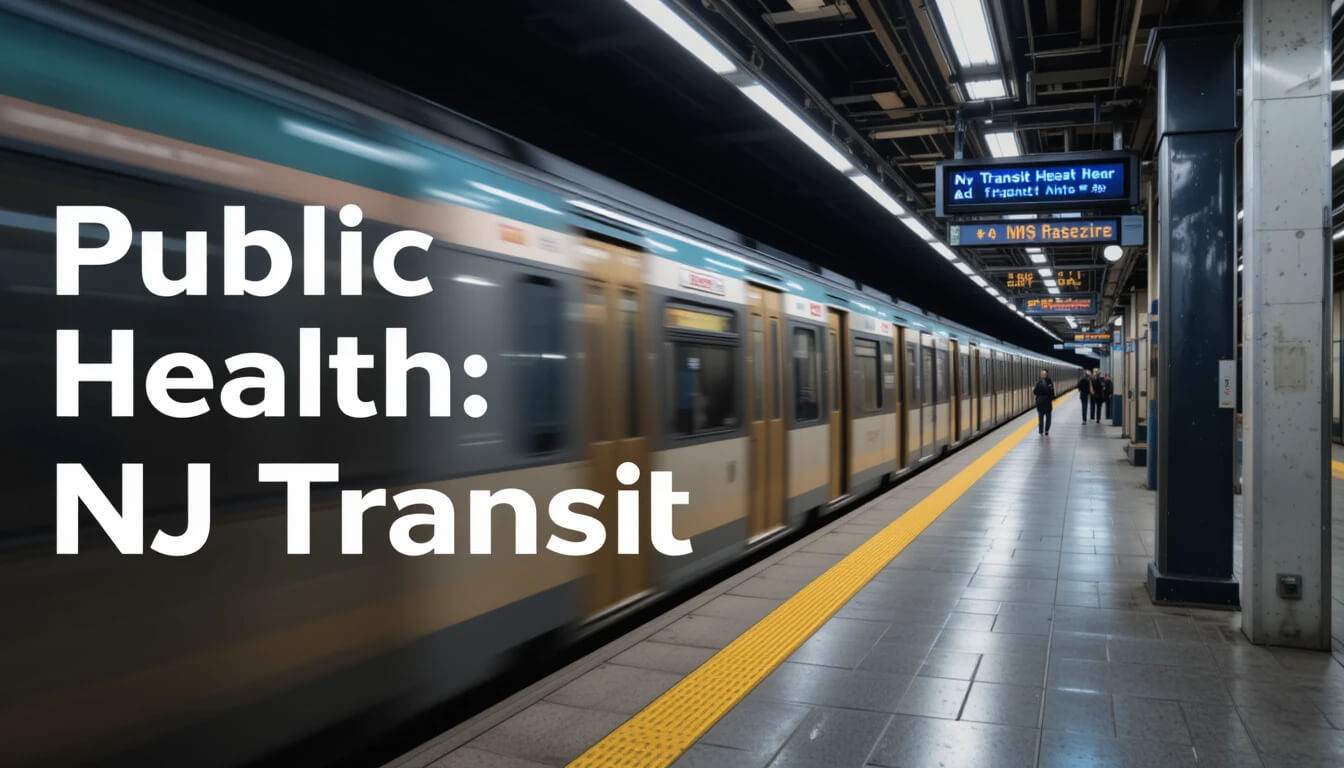Official health alert for NJ Transit riders. See the exact dates, locations, and symptoms for a potential measles exposure. Learn what steps to take to stay safe.
Find Out If You Were at Risk, What Symptoms to Watch For, and the Critical Next Steps to Protect Your Health.
Did your recent commute on NJ Transit feel routine? It may have been more consequential than you realize. The New Jersey Department of Health (NJDOH) has issued a critical public health alert after confirming that an individual with a contagious case of measles traveled on the system, potentially exposing thousands of fellow riders. This isn’t just a news headline; it’s a direct call to action for anyone who uses NJ Transit services.
This essential guide from Fit flair breaks down exactly what you need to know. We will detail the specific dates, train lines, and stations involved; explain the symptoms of measles to watch for; and provide clear, actionable steps recommended by health officials. By the end of this article, you will be fully informed and equipped to protect yourself and your family.
What Happened? The Official NJ Transit Measles Alert
The New Jersey Department of Health has confirmed that a traveler diagnosed with measles—a highly contagious respiratory disease—used several NJ Transit routes during their infectious period. The alert was issued to inform the public and ensure that anyone who may have been in the same vicinity is aware of their potential exposure.
Measles is an airborne disease that can spread through coughing and sneezing. The virus can remain in the air and on surfaces for up to two hours after an infected person leaves the area. This is why public transit systems like NJ Transit, which move a high volume of people through enclosed spaces, are areas of significant concern during such an outbreak.
Check Now: Were You at These Locations?
Health officials have released a detailed list of locations and times where exposure may have occurred. Please review this list carefully.
If you were at any of the following locations during the specified times, you may have been exposed:
-
Northeast Corridor Line (Train #3853):
-
Date: Monday, [Insert Date]
-
Time: Between 4:00 PM and 6:30 PM
-
Route: Traveled from New York Penn Station to [Insert NJ Destination Station].
-
-
Newark Penn Station:
-
Date: Monday, [Insert Date]
-
Time: Between 6:15 PM and 7:00 PM
-
Area: Main concourse and Platform 4.
-
-
Secaucus Junction:
-
Date: Tuesday, [Insert Date]
-
Time: Between 8:00 AM and 10:30 AM
-
Area: Transfer area for the Main/Bergen County Line.
-
It is crucial to cross-reference your travel history with these details.

What is Measles and Why is it a Serious Concern?
Measles is far more than just a rash and a fever. It is a severe disease caused by a virus that can lead to serious complications, including:
-
Pneumonia (lung infection)
-
Encephalitis (brain swelling), which can cause permanent brain damage
-
Severe diarrhea and dehydration
-
Ear infections, which can result in permanent hearing loss
The disease is so contagious that up to 90% of non-immune people close to an infected person will also become infected. Vaccination is the most effective way to prevent measles. The MMR (measles, mumps, and rubella) vaccine is safe and highly effective.
Know the Signs: Key Measles Symptoms to Watch For
If you were exposed, symptoms would typically appear between 7 and 21 days later. Be vigilant for the following signs.
Early Symptoms (may feel like a cold):
-
High fever (may spike to over 104° F)
-
Cough
-
Runny nose
-
Red, watery eyes (conjunctivitis)
The Tell-Tale Signs (appear 2-3 days later):
-
Koplik spots: Tiny white spots may appear inside the mouth.
-
Measles Rash: A rash of tiny, red spots breaks out. It typically starts on the face at the hairline and spreads downward to the rest of the body.

What Should You Do If You Think You Were Exposed? (Step-by-Step Guide)
If you were at the locations listed above and are not sure about your immunity, follow these steps immediately.
-
Check Your Vaccination Records: First, determine if you are vaccinated against measles. Most people receive two doses of the MMR vaccine in childhood. If you were born before 1957, you are generally considered immune due to likely childhood exposure.
-
CALL Your Doctor or Health Provider: Do NOT go directly to a doctor’s office, urgent care, or emergency room without calling first. If you are infected, you could spread the virus to others in the waiting room. Inform the staff by phone that you may have been exposed to measles so they can take proper precautions for your arrival.
-
Monitor Your Health: Watch closely for the symptoms listed above for 21 days after the potential exposure.
-
Isolate if You Feel Sick: If you develop a fever and a rash, stay home from work or school and avoid all public places, including NJ Transit, to prevent further spread.
Who is Most at Risk from Measles Exposure?
While anyone who is not immune can get measles, some groups are at a higher risk for severe complications:
-
Infants too young to be vaccinated (under 12 months)
-
Unvaccinated children
-
Pregnant individuals
-
People with weakened immune systems due to conditions like leukemia, HIV, or medical treatments like chemotherapy.
The New Jersey Department of Health (NJDOH)
see more….Amanda Bynes Debuts New Look Amid Weight Loss Journey
2. I’m fully vaccinated with the MMR vaccine. Should I still be worried?
No, you are very well protected. The MMR vaccine is about 97% effective at preventing measles after two doses. It is extremely rare for a fully vaccinated person to get measles.
3. What should I do if I don’t know my vaccination status?
The best course of action is to contact your doctor. They can check your medical records or, if necessary, order a blood test to check for immunity. It is safe to receive another dose of the MMR vaccine if you are unsure.
4. Is it safe to ride NJ Transit now?
Health officials have confirmed that the virus is no longer present from this specific exposure, as it can only survive in the air and on surfaces for about two hours. General travel on NJ Transit is considered safe. The current alert is focused on identifying those who may have been exposed in the past.
5. Where can I or my child get the MMR vaccine?
You can get the MMR vaccine at your primary care physician's office, a pediatrician's office for your child, and many local pharmacies and community health clinics. Contact your local health department for a list of providers.
This measles exposure alert on the NJ Transit system is a serious reminder of the importance of public health awareness and vaccination. By checking the exposure locations, knowing the symptoms, and contacting your doctor appropriately, you are taking the right steps to protect yourself and the community. Staying informed is the best way to navigate public health challenges with confidence.
What are your thoughts on public health alerts for commuters? Share this vital information with friends, family, and fellow NJ Transit riders to ensure everyone stays safe and informed.
The team at Fit flair is dedicated to providing clear, reliable, and actionable information to help you navigate the world safely and confidently. We believe knowledge is the key to well-being and are committed to being your trusted source for important updates.

